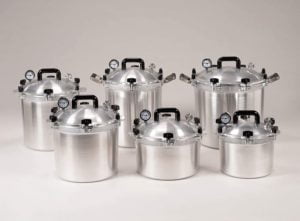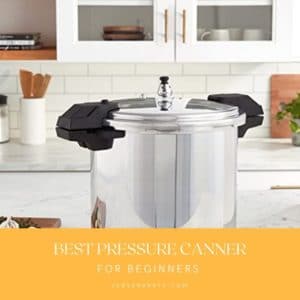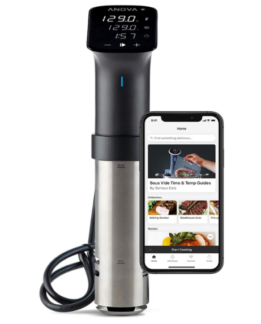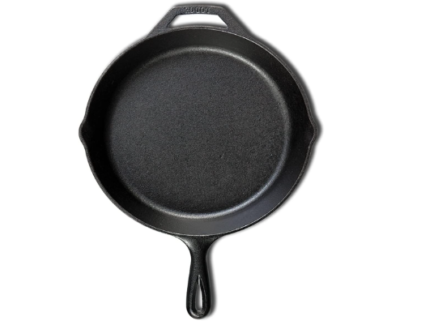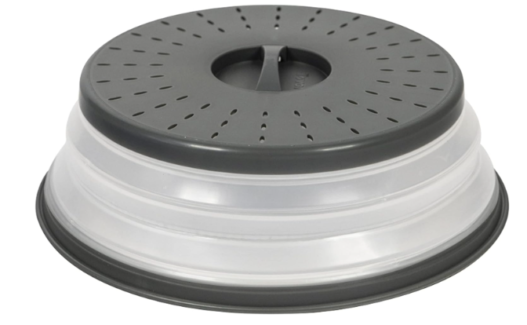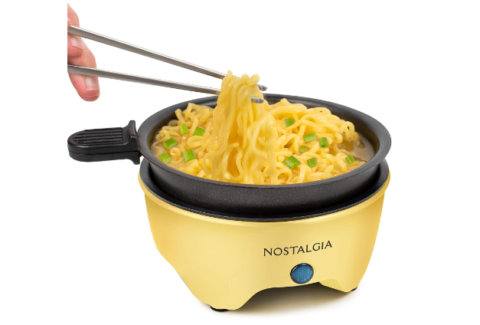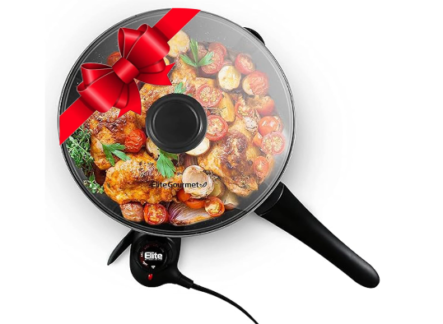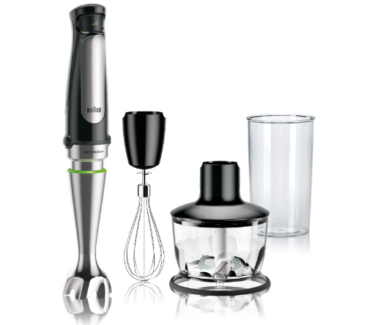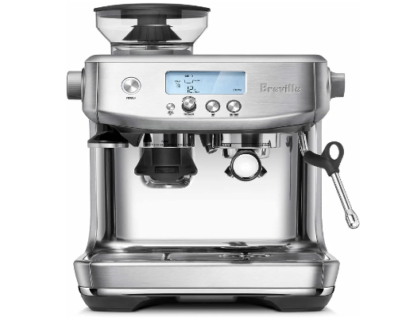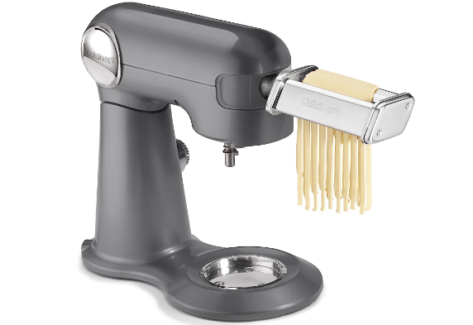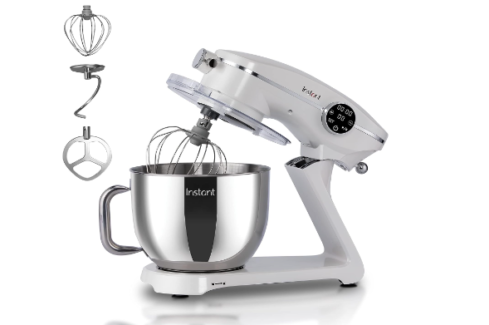The All-American Pressure Canner is a fantastic product, and I...
Read More
A pressure canner is a specialized cooking appliance that is used for preserving food by canning. Unlike a water bath canner, which uses boiling water to create a seal on jars of high-acid foods, a pressure canner uses high pressure and temperature to safely process low-acid foods such as vegetables, meats, and soups. Pressure canning is necessary for these types of foods because they have a higher risk of containing harmful bacteria, such as botulism, that can cause foodborne illness if not properly processed. A pressure canner allows home cooks to safely preserve their own fresh produce and other foods for long-term storage, providing a convenient and cost-effective way to enjoy seasonal fruits and vegetables year-round.
Can I use a pressure canner for everything?
No, a pressure canner should not be used for everything. Pressure canners are typically used for preserving low-acid foods, such as vegetables, meats, and soups, which cannot be safely processed in a water bath canner due to the risk of botulism. However, pressure canners are not suitable for canning high-acid foods, such as fruits, pickles, and most tomato products, which can be safely processed using a water bath canner.
Additionally, pressure canners should not be used for canning dairy products, grains, baked goods, or any foods that are not approved for canning by the USDA. These foods have not been tested for safe canning, and improper canning can result in spoilage or foodborne illness.
It’s important to always follow safe canning practices and guidelines provided by the USDA or other reliable sources to ensure the safety and quality of your canned foods.
What Cannot be canned in a pressure canner?
There are certain types of foods that should not be canned in a pressure canner, including:
- Dairy products: Milk, cream, cheese, and other dairy products cannot be canned in a pressure canner due to the risk of spoilage and bacterial growth.
- Grains: Grains such as rice, pasta, and wheat should not be canned in a pressure canner because they can become mushy and lose their texture during the canning process.
- Baked goods: Baked goods such as cakes, breads, and pastries should not be canned in a pressure canner as they can become soggy and lose their texture.
- Fats and oils: Fats and oils cannot be canned in a pressure canner as they can spoil and become rancid during the canning process.
- Some fruits: Some fruits, such as bananas and avocados, are too low in acid to be safely canned in a pressure canner. These fruits should be canned using alternative methods, such as freezing or dehydrating.
It’s important to follow proper canning guidelines and to use a tested recipe when canning to ensure the safety and quality of your canned foods.
What else can you use a pressure canner for?
In addition to canning fruits, vegetables, and meats, a pressure canner can also be used for a variety of other purposes:
- Sterilization: A pressure canner can be used to sterilize jars, utensils, and other equipment used in food preservation.
- Cooking: A pressure canner can be used as a large, high-pressure pot for cooking large batches of soup, chili, or other recipes that require high-pressure cooking.
- Blanching: A pressure canner can be used to blanch vegetables before freezing, which helps to preserve their color, flavor, and nutritional value.
- Pasteurization: A pressure canner can be used to pasteurize milk, which involves heating it to a high temperature to kill any harmful bacteria.
- Soap making: A pressure canner can be used to make soap by heating the soap mixture to a high temperature to promote saponification.
It’s important to follow the manufacturer’s instructions and safety guidelines when using a pressure canner for these or other purposes to ensure proper operation and to avoid injury.
What foods should be pressure canned?
Foods that should be pressure canned include low-acid vegetables, meats, poultry, and fish, as well as soups, stews, and other mixtures that contain these low-acid foods.
Low-acid foods have a pH level above 4.6, which means they are not acidic enough to prevent the growth of harmful bacteria, such as Clostridium botulinum, which can cause botulism. Pressure canning is necessary for these types of foods because it uses high heat and pressure to kill bacteria and create a vacuum seal to prevent contamination.
Examples of low-acid foods that can be safely pressure canned include:
- Beans
- Carrots
- Corn
- Peas
- Potatoes
- Meat
- Poultry
- Fish
- Soups and stews containing these low-acid foods
It’s important to follow proper canning techniques, including using a tested recipe, following processing times and pressures, and using appropriate jars, lids, and equipment. Consult reliable canning resources such as the USDA’s Complete Guide to Home Canning or a local Cooperative Extension office for specific instructions and guidelines.
Can all foods be canned in a pressure canner?
Not all foods can be safely canned in a pressure canner. Some foods have a low acidity level, which makes them susceptible to the growth of harmful bacteria, such as Clostridium botulinum.
Examples of low-acid foods that should be canned in a pressure canner include vegetables, meats, poultry, and seafood. These foods require high heat and pressure to reach a temperature that will kill bacteria and prevent spoilage.
On the other hand, high-acid foods such as fruits, pickles, and most tomatoes can be safely canned using a water bath canner.
It is important to follow tested recipes and guidelines when canning to ensure safe and high-quality canned foods.
What vegetables should not be pressure canned?
There are a few vegetables that are not recommended for pressure canning due to their low acid content and the risk of botulism toxin. These vegetables include:
- Pumpkins
- Sweet potatoes
- Winter squash
- Okra
- Beets (unless pickled)
- Carrots (unless pickled)
It is important to note that while these vegetables should not be pressure canned, they can still be safely canned using other methods, such as pickling or freezing. It is important to follow tested recipes and guidelines to ensure safe and high-quality canned foods.
Can you can fruit in a pressure canner?
It is generally not recommended to use a pressure canner for canning high-acid fruits, such as citrus fruits, pineapples, and strawberries, as these can be safely canned using a water bath canner. However, low-acid fruits such as peaches, pears, and apples may be safely canned using a pressure canner.
When canning fruit using a pressure canner, it is important to follow a tested recipe and processing time to ensure safety and quality. The processing time and pressure required will depend on the type and size of the fruit being canned, as well as the altitude of your location.
It is recommended to consult a reliable canning resource, such as the USDA’s Complete Guide to Home Canning, for specific instructions and guidelines on canning fruit using a pressure canner.
Does pressure canning destroy nutrients?
Pressure canning can result in some nutrient loss in the foods being canned, particularly for heat-sensitive nutrients such as vitamin C and some B vitamins. The high temperatures and long processing times involved in pressure canning can cause some breakdown of these nutrients, but the extent of nutrient loss will depend on the specific food being canned and the processing method used.
However, it is important to note that while there may be some nutrient loss during pressure canning, canned foods can still provide a convenient and nutritious option for food preservation. Canning can help to lock in some nutrients and prevent spoilage, making it possible to enjoy fresh-tasting fruits and vegetables year-round.
To help minimize nutrient loss during pressure canning, it is recommended to use fresh, high-quality produce and to follow tested recipes and processing times. It is also important to handle and store canned foods properly to ensure their safety and quality.
What nutrients are lost during canning?
The canning process can lead to some nutrient loss in certain foods, particularly those that are heat-sensitive, such as vitamin C and some B vitamins. The amount of nutrient loss can vary depending on the type of food, the canning method used, and the length of processing time. For example, blanching vegetables before canning can help reduce nutrient loss, as can using a shorter processing time. However, it’s worth noting that canned foods can still provide important nutrients and can be a convenient and cost-effective way to preserve food for later use.
Does pressure canning overcook food?
Pressure canning can actually help preserve the texture and flavor of food by quickly heating the food to a high temperature and then cooling it down rapidly. The high pressure in the canner allows the temperature to rise above the boiling point of water, which can effectively kill harmful microorganisms that can spoil or cause illness in the food. However, if the food is overcooked or improperly processed, it may become mushy or lose its flavor. It’s important to follow proper canning instructions and recipes to ensure that the food is processed correctly and maintains its quality.
What is the advantage and disadvantage of pressure canning?
Advantages of pressure canning:
- Preservation of food: Pressure canning is an effective method of preserving foods for long-term storage, allowing you to enjoy fresh-tasting produce throughout the year.
- Versatility: Pressure canning can be used to preserve a wide range of foods, including vegetables, fruits, meats, and soups.
- Convenience: Canned foods are easy to store and transport, making them a convenient option for busy households.
- Saves money: Pressure canning allows you to take advantage of seasonal produce when it is plentiful and less expensive, and store it for later use.
Disadvantages of pressure canning:
- Initial cost: Pressure canners can be more expensive than other canning methods, such as water bath canning.
- Learning curve: Pressure canning requires more knowledge and experience than other canning methods, and it can take some time to learn the correct procedures and safety measures.
- Risk of botulism: Improperly canned foods can be a breeding ground for bacteria, such as botulism, which can be fatal. It is important to follow safety guidelines and use tested recipes when pressure canning to minimize this risk.
- Nutrient loss: As mentioned earlier, the high temperatures and long processing times involved in pressure canning can cause some breakdown of heat-sensitive nutrients, which may lead to some nutrient loss in the canned foods.
Can I use my pressure canner to water bath?
While a pressure canner can be used for water bath canning, it is not recommended. This is because pressure canners are designed to be used with pressure, and using them for water bath canning may not provide enough temperature control or circulation of heat to ensure proper and safe processing.
Water bath canning is typically used for high-acid foods, while pressure canning is used for low-acid foods. It is important to follow the recommended processing method for each type of food to ensure food safety and prevent spoilage.
Which is better pressure canning vs water bath?
The choice between pressure canning and water bath canning depends on the type of food being canned. Water bath canning is suitable for high-acid foods like fruit, pickles, and jams. However, low-acid foods like vegetables, meat, and poultry require pressure canning to ensure safe preservation. Pressure canning is more effective in killing harmful bacteria and microorganisms than water bath canning, and it can also be used for a wider range of foods. However, pressure canning requires specialized equipment and can be more time-consuming than water bath canning. Ultimately, it is important to follow recommended guidelines for safe home canning practices, including the appropriate method for the type of food being canned.
How long does pressure canned food last?
Properly canned food that has been processed in a pressure canner can last for up to 1-2 years or even longer if stored in a cool, dry place. However, it is important to note that the quality of the food may deteriorate over time and it may not taste as good as freshly canned food. It is also important to regularly check canned food for signs of spoilage, such as mold, off smells, or discoloration, before consuming it.
Can I leave jars in pressure canner overnight?
No, it is not recommended to leave jars in the pressure canner overnight. After the canning process is complete, the jars should be removed from the canner and allowed to cool for 12-24 hours before handling or storing them. Leaving the jars in the canner for an extended period of time can lead to over-processing, which can cause the food to become overcooked and lose its quality. It can also increase the risk of the jars breaking or the seals failing.
Is it cheaper to can your own food?
Canning your own food can be cheaper in the long run if you have a productive garden or can buy produce in bulk at a lower cost. It allows you to preserve seasonal fruits and vegetables at their peak freshness, reducing food waste and saving money on buying out-of-season produce. However, there are upfront costs associated with buying a pressure canner, jars, and other canning supplies. It’s important to factor in the cost of the equipment, supplies, and your time when determining whether canning your own food is cheaper than buying pre-canned or fresh produce from the store.
Is a pressure canner worth it?
A pressure canner can be a valuable investment for those who want to preserve food at home, especially for low-acid foods like vegetables, meats, and some fruits. While it may be more expensive than a water bath canner, a pressure canner can safely process a wider range of foods and preserves the quality and nutritional value of the food better than other canning methods.
Additionally, a pressure canner can save money in the long run by allowing you to preserve excess produce from your garden or local farmers’ market for use throughout the year. It also provides a sense of self-sufficiency and control over the food you eat.
However, it’s important to note that pressure canning requires more equipment, time, and attention to detail than other canning methods. It also requires a certain level of knowledge and skill to use safely, as improper canning can lead to the growth of harmful bacteria and toxins.
Ultimately, whether a pressure canner is worth it for you depends on your personal preferences, needs, and level of experience with canning.
Related Posts
Best pressure canner for every budget
You can use a pressure canner to preserve late-season corn,...
Read MoreWhy Trust Us
You will find what you are looking for at Jody's Bakery. From classic to luxury brands, you'll find both. We will help you to select appliances that fit your needs, budget and lifestyle. Whether you want to stop by to learn more — or plan to make a major purchase — we’ll treat you like family and assist you every step of the way. Shop with us today to receive friendly and experienced help along the way.


